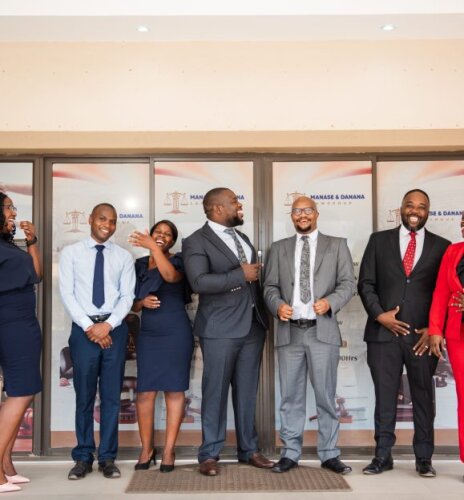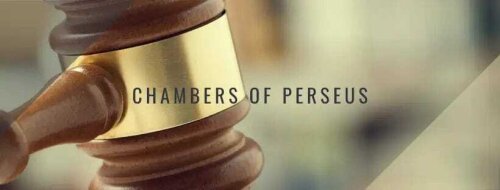Best Premises Liability Lawyers in Zimbabwe
Share your needs with us, get contacted by law firms.
Free. Takes 2 min.
Or refine your search by selecting a city:
List of the best lawyers in Zimbabwe
About Premises Liability Law in Zimbabwe
Premises liability in Zimbabwe is a legal concept that holds property owners responsible for accidents and injuries that occur on their property. This area of law covers a wide range of issues, including slip and fall accidents, inadequate maintenance, inadequate security, and more.
Why You May Need a Lawyer
You may need a lawyer in premises liability cases if you have been injured on someone else's property due to their negligence. A lawyer can help you navigate the legal process, gather evidence, negotiate with insurance companies, and represent you in court if necessary.
Local Laws Overview
In Zimbabwe, premises liability is governed by the Occupiers' Liability Act. This law outlines the duty of care that property owners owe to visitors and customers on their premises. Property owners must take reasonable steps to ensure the safety of those on their property.
Frequently Asked Questions
1. What is premises liability?
Premises liability refers to the legal responsibility of property owners to ensure the safety of individuals on their property.
2. What types of accidents fall under premises liability?
Accidents such as slip and falls, inadequate maintenance, inadequate security, and more fall under premises liability.
3. How can I prove premises liability in Zimbabwe?
To prove premises liability, you must show that the property owner was negligent in maintaining their property, and that it directly resulted in your injury.
4. Can I sue a property owner for premises liability in Zimbabwe?
Yes, you can sue a property owner for premises liability in Zimbabwe if their negligence caused your injury.
5. What damages can I recover in a premises liability case?
You can recover damages for medical expenses, lost wages, pain and suffering, and more in a premises liability case.
6. How long do I have to file a premises liability claim in Zimbabwe?
The time limit to file a premises liability claim in Zimbabwe is typically two years from the date of the injury.
7. Do I need evidence to support my premises liability claim?
Yes, evidence such as witness testimony, photos of the accident scene, and medical records can help support your premises liability claim.
8. Can I settle a premises liability claim out of court?
Yes, you can settle a premises liability claim out of court through negotiations with the property owner's insurance company.
9. Do I need a lawyer for a premises liability case in Zimbabwe?
While it is not mandatory to have a lawyer for a premises liability case, having legal representation can greatly increase your chances of a successful outcome.
10. How much does it cost to hire a lawyer for a premises liability case?
Lawyers for premises liability cases in Zimbabwe typically work on a contingency fee basis, meaning they only get paid if you win your case. The fee is usually a percentage of the settlement amount.
Additional Resources
For more information on premises liability in Zimbabwe, you can contact the Law Society of Zimbabwe or consult the Ministry of Justice's website for relevant laws and regulations.
Next Steps
If you believe you have a premises liability claim in Zimbabwe, it is important to contact a qualified lawyer who specializes in this area of law. They can provide you with the guidance and representation you need to seek compensation for your injuries.
Lawzana helps you find the best lawyers and law firms in Zimbabwe through a curated and pre-screened list of qualified legal professionals. Our platform offers rankings and detailed profiles of attorneys and law firms, allowing you to compare based on practice areas, including Premises Liability, experience, and client feedback.
Each profile includes a description of the firm's areas of practice, client reviews, team members and partners, year of establishment, spoken languages, office locations, contact information, social media presence, and any published articles or resources. Most firms on our platform speak English and are experienced in both local and international legal matters.
Get a quote from top-rated law firms in Zimbabwe — quickly, securely, and without unnecessary hassle.
Disclaimer:
The information provided on this page is for general informational purposes only and does not constitute legal advice. While we strive to ensure the accuracy and relevance of the content, legal information may change over time, and interpretations of the law can vary. You should always consult with a qualified legal professional for advice specific to your situation.
We disclaim all liability for actions taken or not taken based on the content of this page. If you believe any information is incorrect or outdated, please contact us, and we will review and update it where appropriate.
Browse premises liability law firms by city in Zimbabwe
Refine your search by selecting a city.












